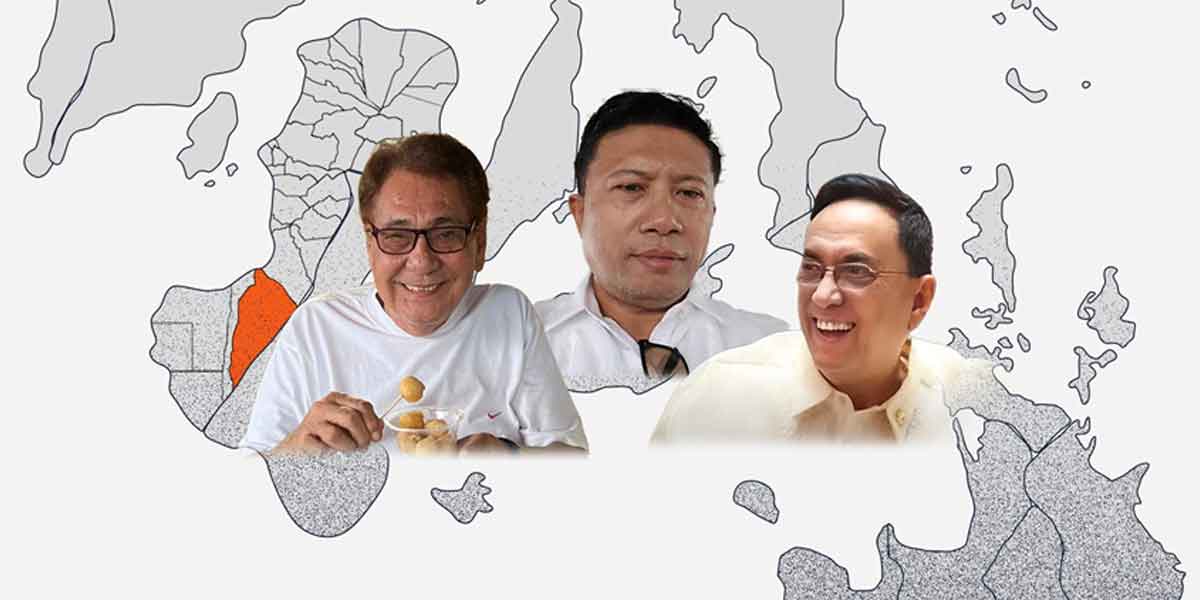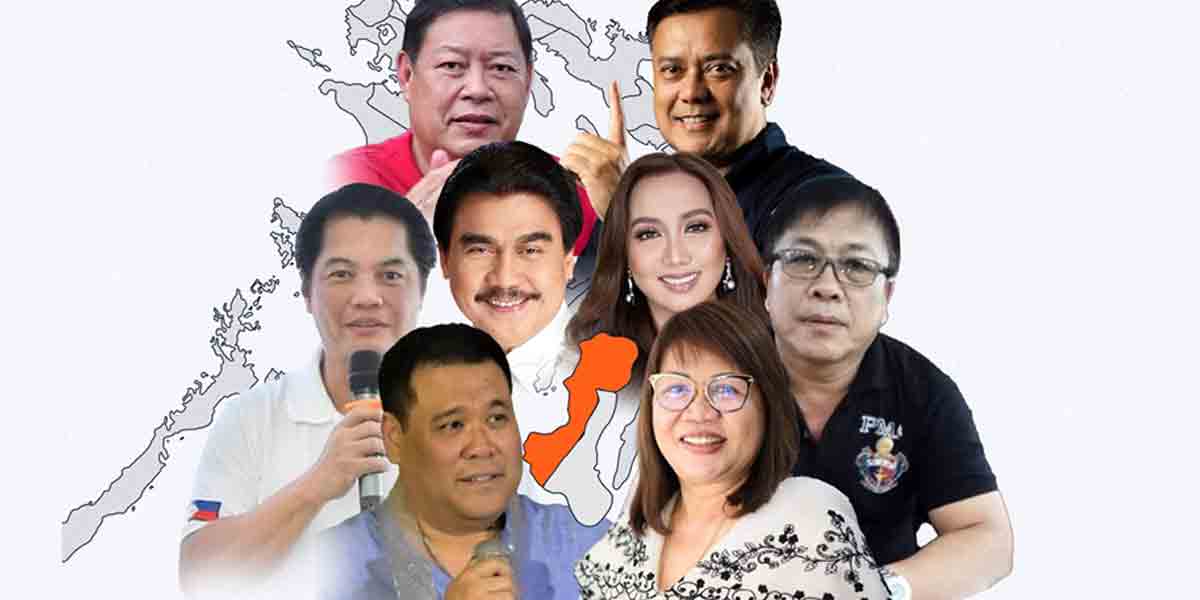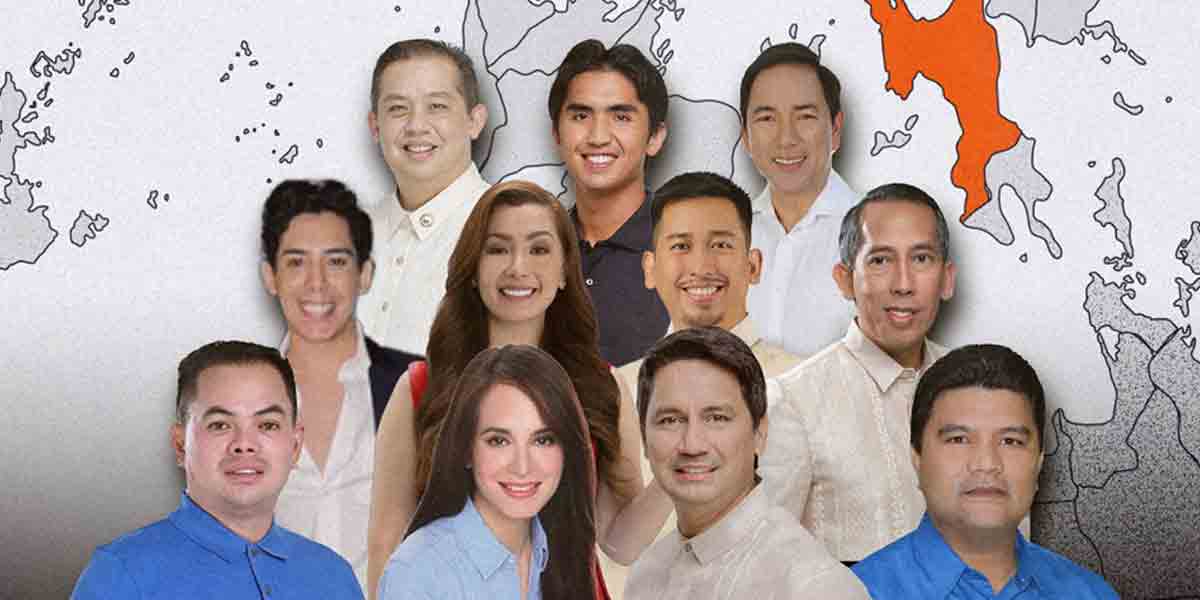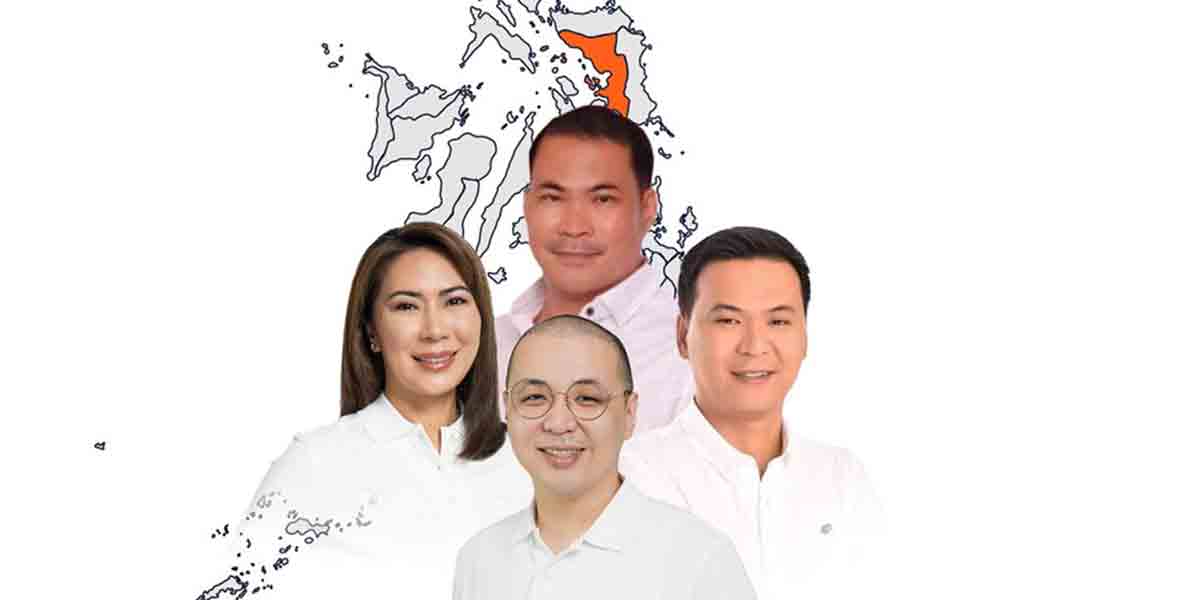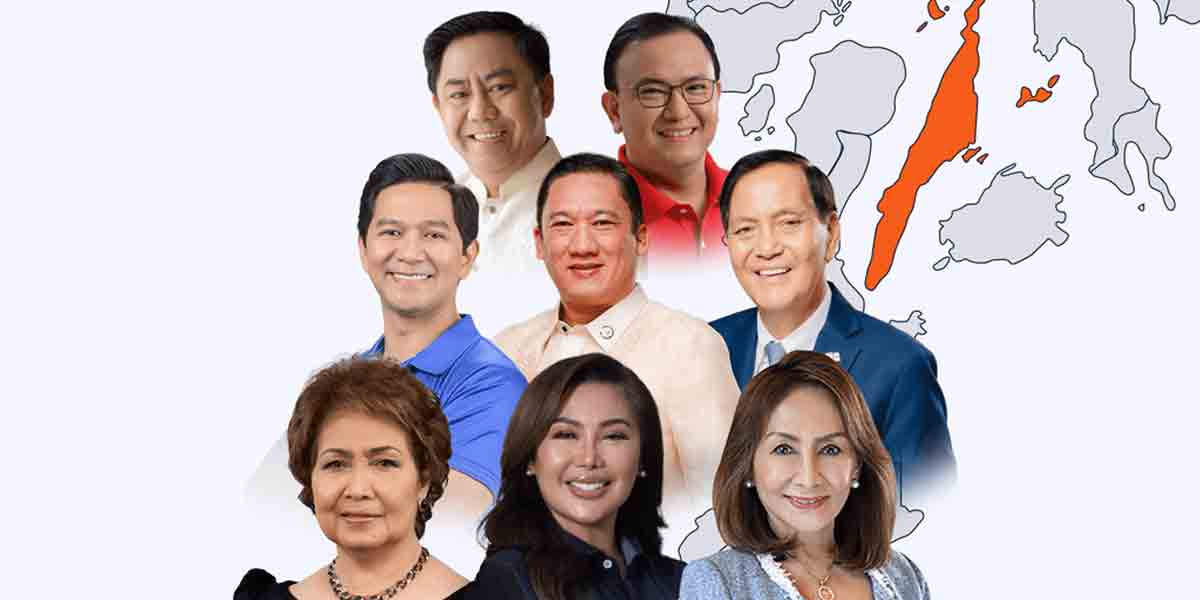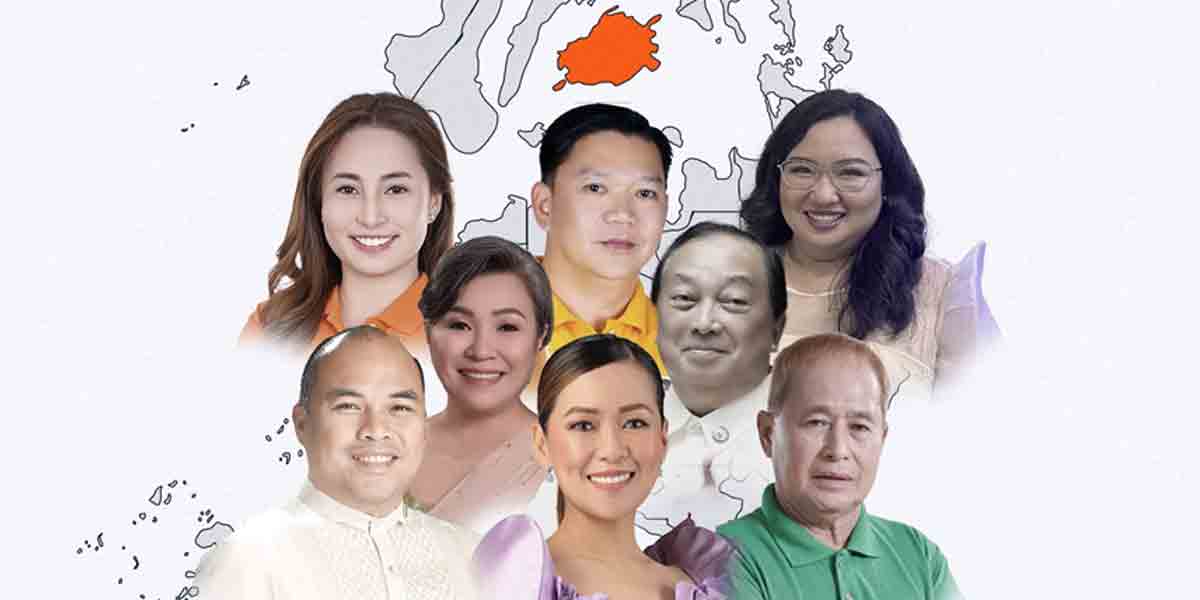![]() By Reyshimar Arguelles
By Reyshimar Arguelles
There is no cocktail potent enough to bring widespread death and destruction quite like a contagion mixed with politically-charged confusion. To some, at least, it would make sense for the government to qualm any potential for social unrest by withholding critical information. In this age of infectious idiocy, there is always the risk of people ripping each other apart in the face of an unknown threat.
Hysteria gives way to primitive urges. People would throw their morals and principles away to survive whether or not a threat exists. You cannot blame them as they picket against a proposal to quarantine nCoV patients in facilities that used to house athletes during last year’s SEA Games, or looting a factory that makes face masks. They have a right to be irrational just as anyone has the right to vote an inexperienced tough-talking mayor into the Presidency.
Irrationality is totally normal. You cannot confront an issue without experiencing hysterical fits and indecisiveness. As emotional beings, we cannot simply think in clearer terms when we are under pressure or when our lives are under threat. The least we could do is to rely on authority figures who have been endowed with some sort of divine intelligence to steer us away from danger—supposedly.
As the nCoV scare continues its spread, the world was shocked to learn about the death of Dr. Li Wenliang who was once a nobody but now celebrated as a martyr who tried to warn the Beijing bureaucracy about the virus’ potency as early as the last week of December. Li worked at the Wuhan Central Hospital where he attended patients who contracted.the virus. The patients had SARS-like symptoms, so he proceeded to warn his colleagues in an online chatroom to take necessary precautions.
Screenshots of his conversations circulated online. The police got hold of them and summoned Dr. Li (who, at this point, was already aware he would come under the crosshairs of the Communist State) to make a statement renouncing the “rumours” he had spread. The Chinese government may have silenced the whistleblower, but it did not stop the nCoV from transforming from a manageable localized outbreak to a global health emergency.
From seven patients, the number of confirmed nCoV cases has reached a staggering 40,171 and has caused over 800 deaths in China alone while other countries are under Dr. Li himself succumbed to the virus, his death being a stark reminder of the lengths any government will go to tell people that everything is hunky-dory.
It is not easy to separate irrationality from government bureaucracy, itself manned by seedy characters who have no trouble selling their souls, not for a higher purpose but for self-serving agendas. In the case of the surveillance state like China, however, maintaining public order is the only agenda that matters. Citizens have no other recourse but to do their part in maintaining the state machinery with indubitable obedience.
Isn’t politics bereft of any moral, social, or even functional goal? What does it mean when a decision is for the “national interest” or for the protection of life and property? If it meant anything at all, the national interest would have dictated the government to exercise wisdom and not pander to institutions that will instigate humanity’s impending collapse.
At least now, with Dr. Li’s death, Chinese people are seeing the cardboard-like fragility of Beijing’s propaganda machine. This is only one instance in which citizens can collectively call out their government for lying. No one really knows the extent to which Xi Jinping’s government tries to cover up its official statistics of the nCoV outbreak in China. What matters more than this is the complete realization that the police state proves to be a tower of Jenga pieces.
When you take out the truth, the whole tower crumbles. It is only a question of how many truths the Chinese government is willing to pull out.


